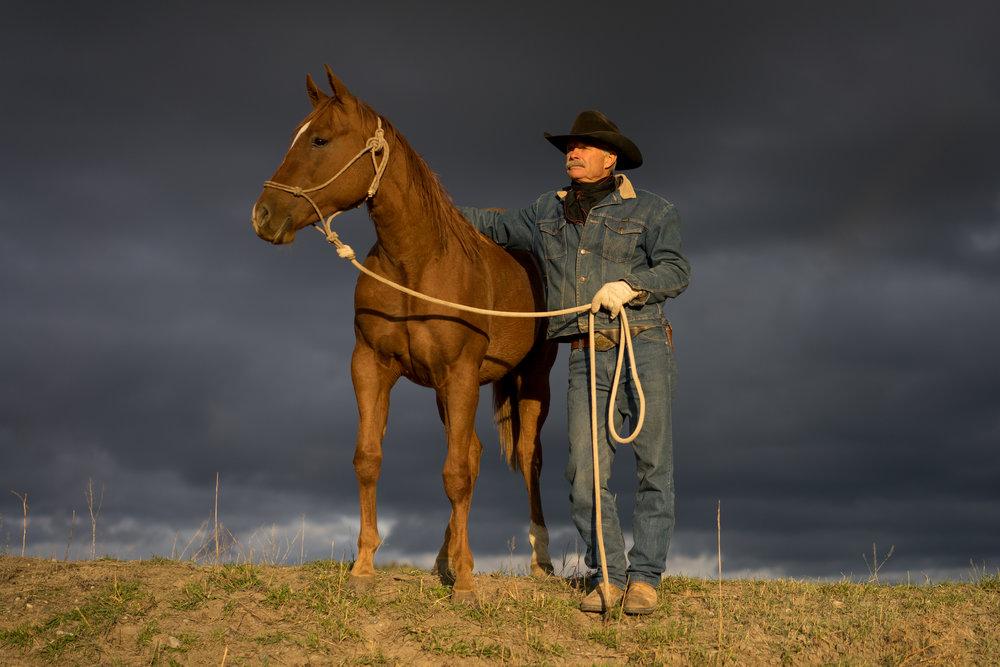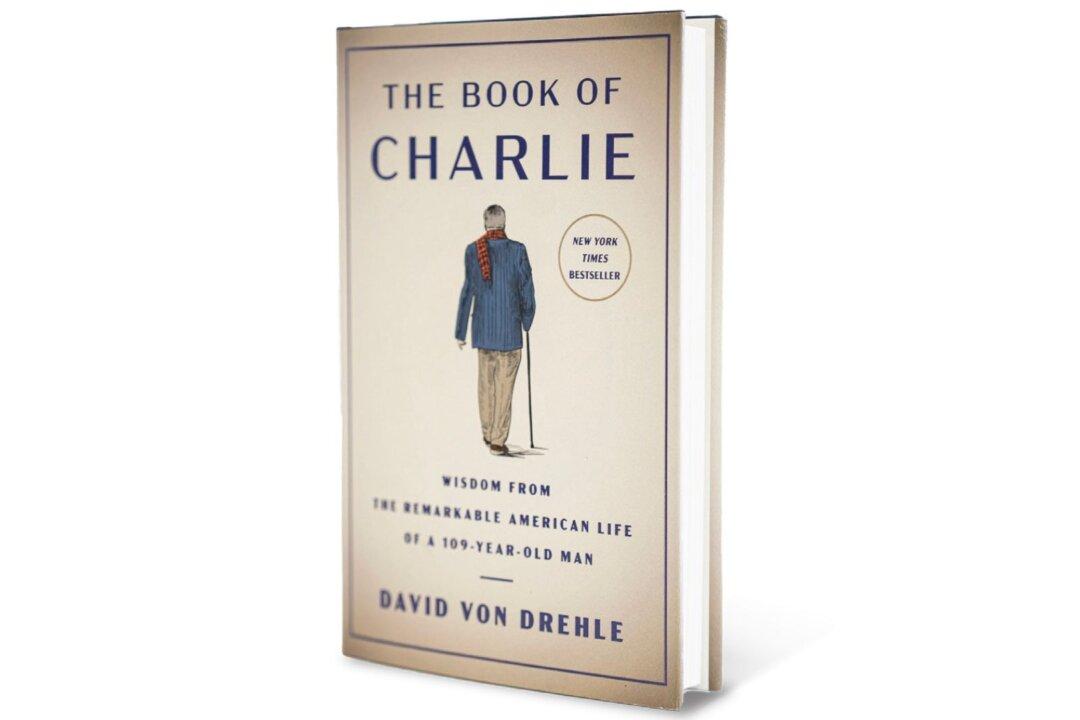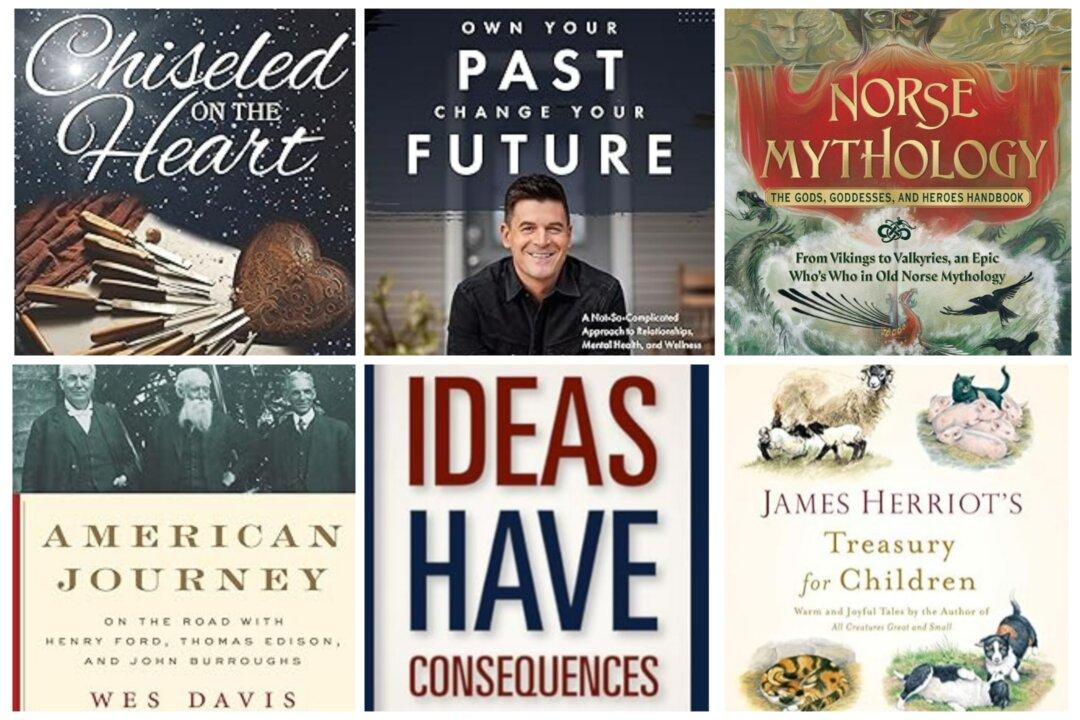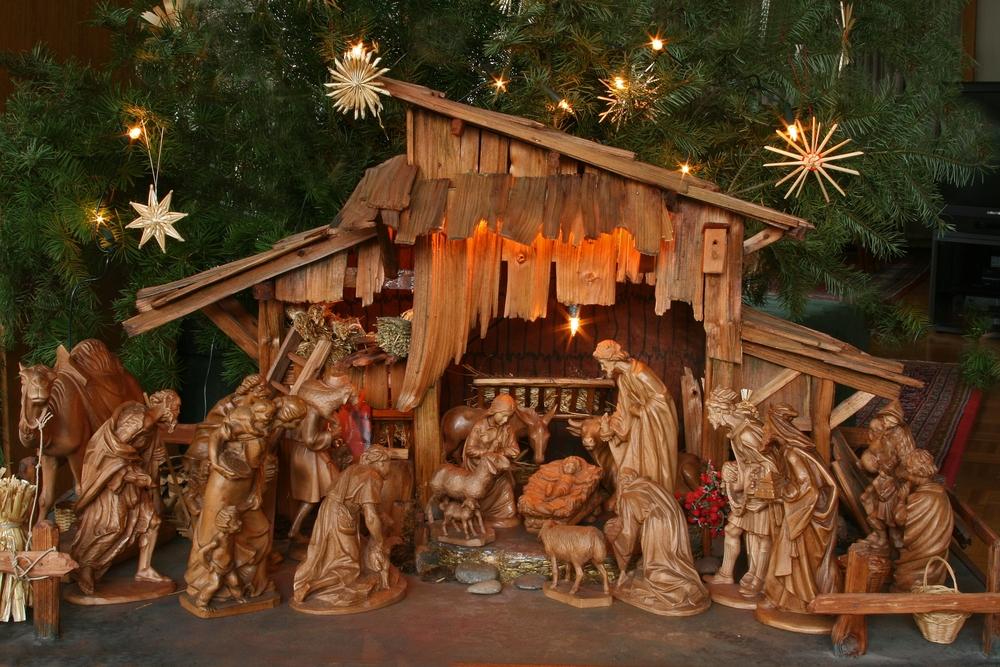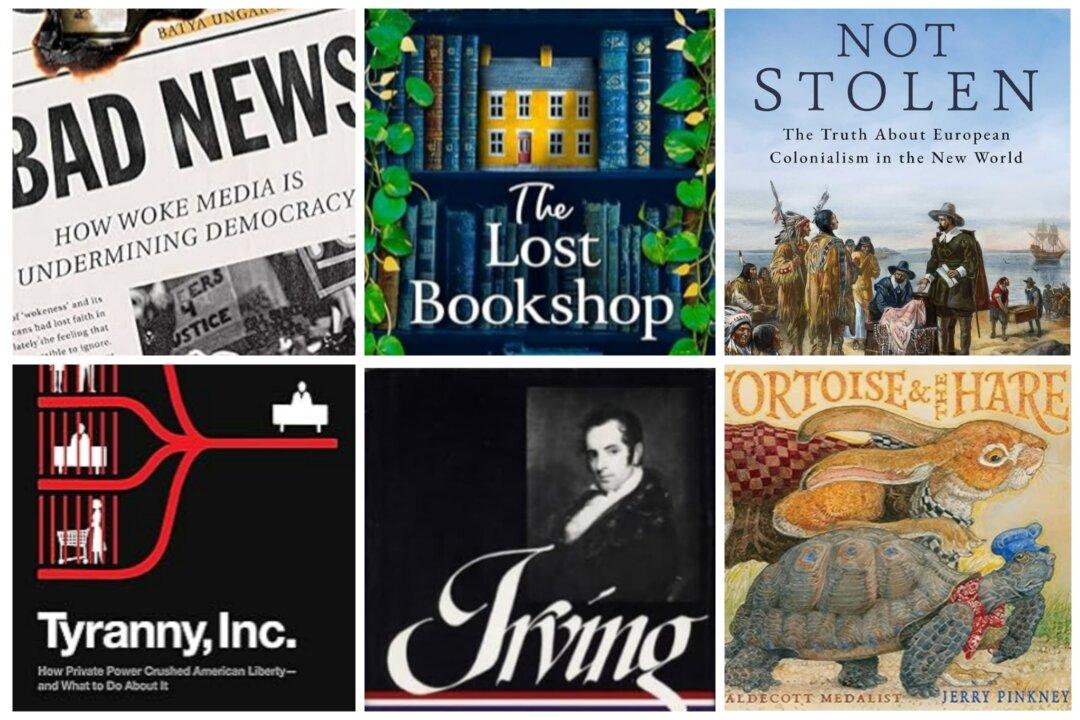I have an affinity for horses. While I haven’t owned one, I’ve ridden, taken lessons, fallen, and hope (after a number of years) to be in the saddle again atop a faithful mount.
One of my friends here in Virginia, Shari Goodwin, owns several horses. As a horsewoman of more than 25 years, she has reinvented herself as a business strategist, author, coach, and mentor, using her four-footed friends to show others about learning to trust, having confidence, taking risks, and living more meaningfully.

